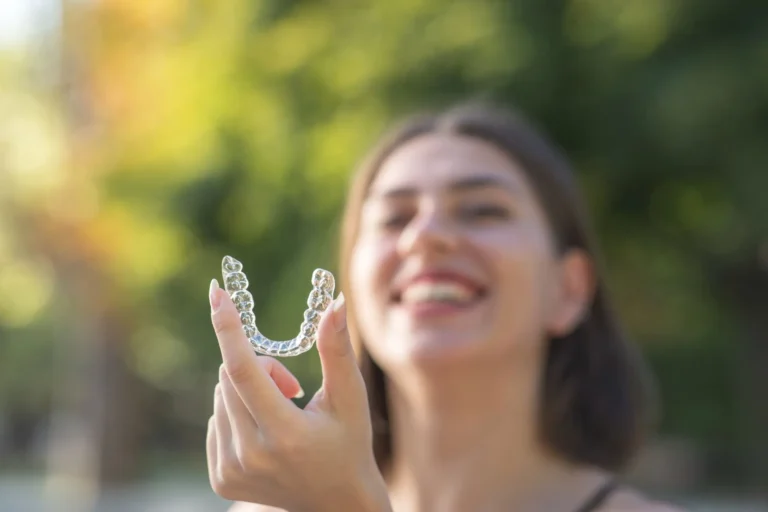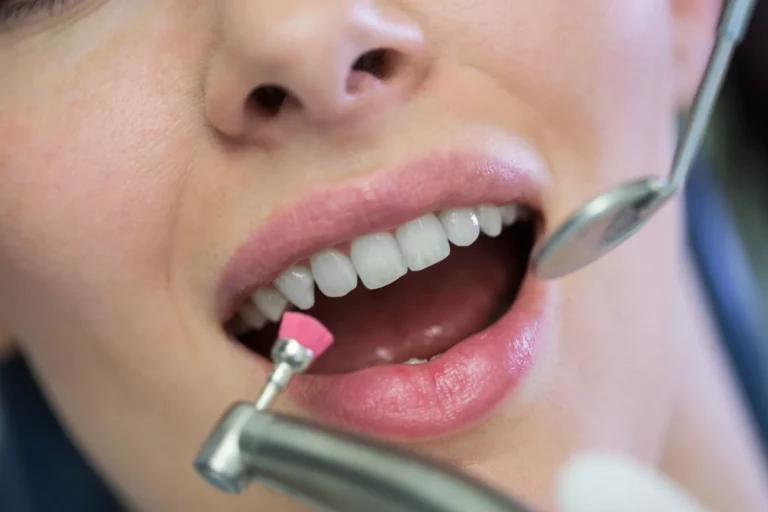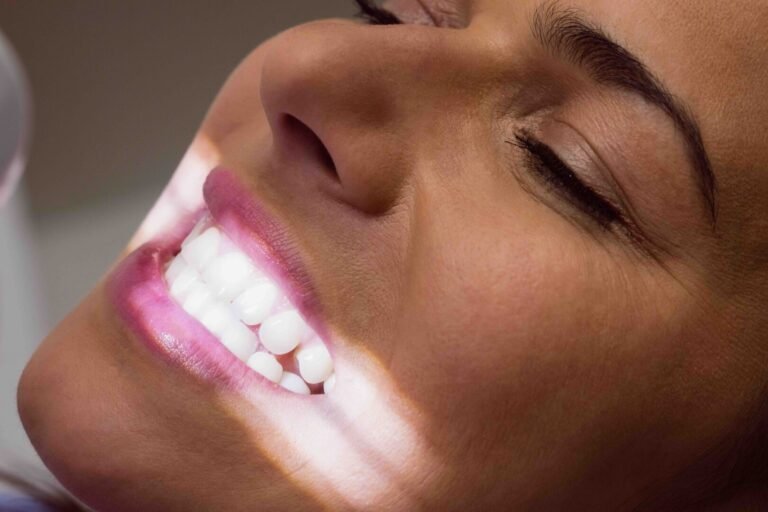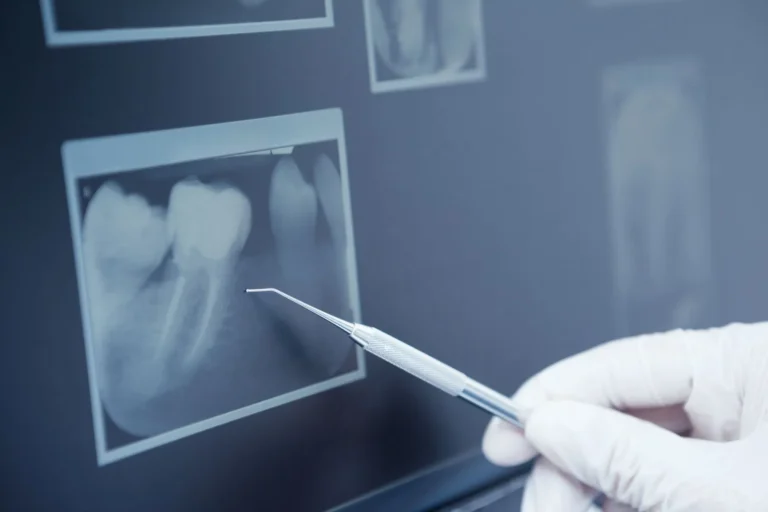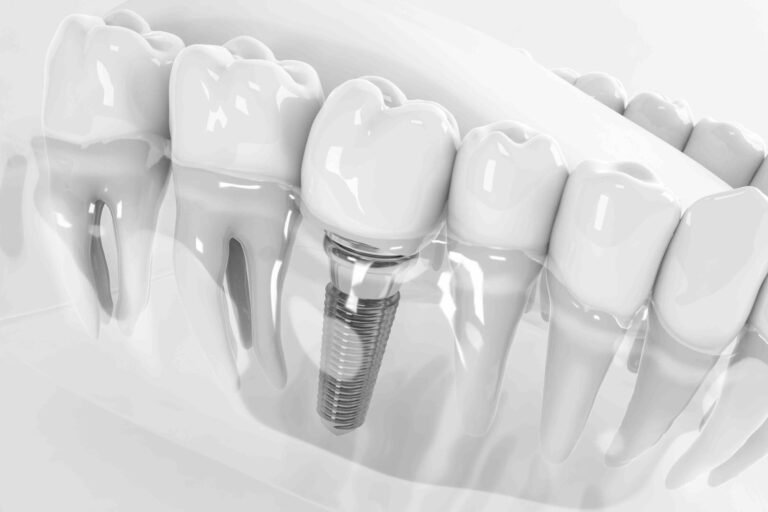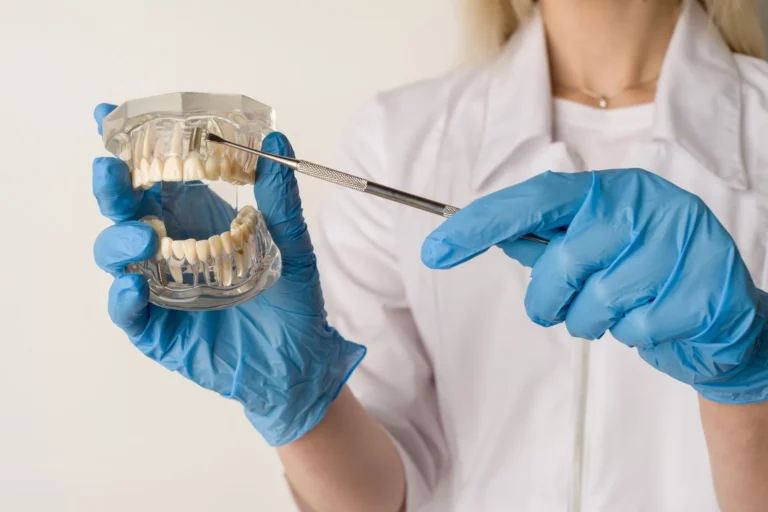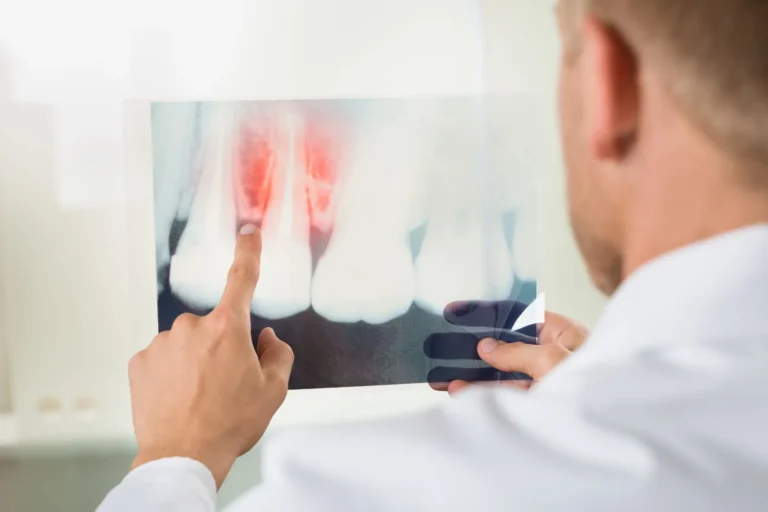The question “does teeth whitening damage enamel” is one of the most common concerns among patients who wish to brighten their smile. At Premier Smile Dental Excellence in Leighton Buzzard, many people ask whether whitening can make teeth weaker, thinner, or more sensitive. The good news is that when performed correctly under professional supervision, teeth whitening is a safe procedure that does not damage enamel. Understanding how whitening works—and how improper methods can cause harm—is key to making informed decisions.
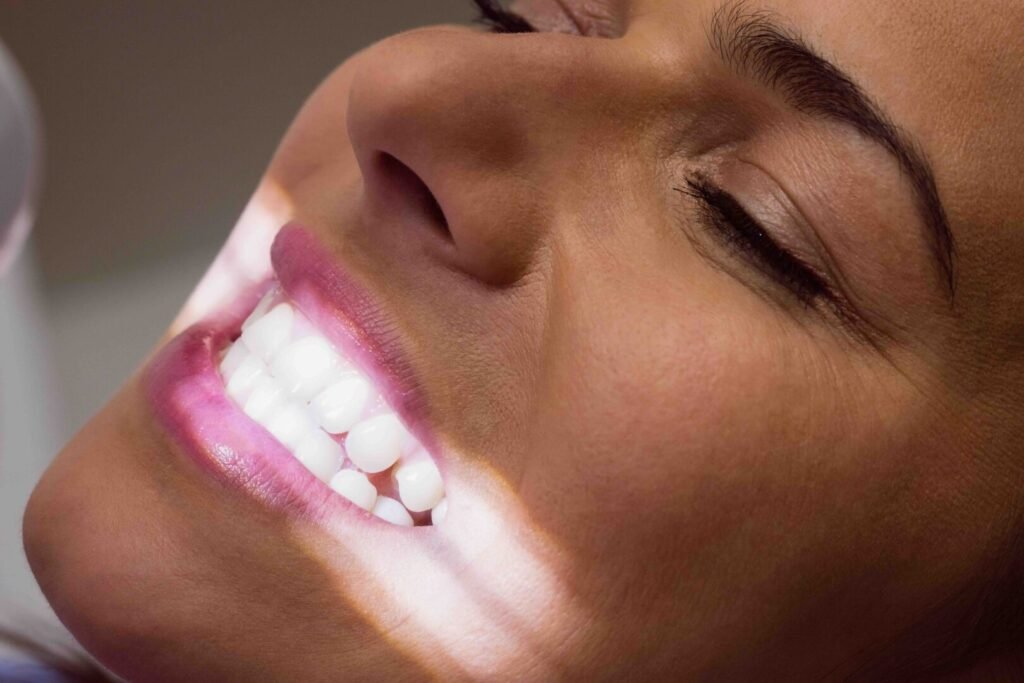
What Exactly Is Tooth Enamel?
To understand whether whitening can harm it, we first need to know what enamel is. Tooth enamel is the hardest substance in the human body. It forms the outermost layer of each tooth, protecting the softer dentin and nerve tissue beneath. Composed mainly of hydroxyapatite crystals, enamel has no living cells or blood supply. That means once it’s worn away, it doesn’t regenerate.
Enamel acts as a barrier against mechanical forces, temperature changes, and acids from food and bacteria. Any treatment that alters its surface must therefore be carefully controlled. Whitening agents act chemically, not mechanically—they remove stains by oxidising the molecules that darken the enamel’s surface rather than scraping or eroding it.
How Teeth Whitening Works
Professional teeth whitening uses controlled concentrations of hydrogen peroxide or carbamide peroxide. These molecules release oxygen, which breaks down pigments trapped in the enamel. The process lightens the natural shade of the tooth without removing any structure.
At Premier Smile Dental Excellence, whitening is performed only after a thorough examination to ensure there are no cavities, gum inflammation, or exposed dentin. Custom trays are made to fit precisely, preventing the gel from leaking onto soft tissues. The amount of peroxide, exposure time, and number of sessions are calibrated to achieve effective and safe results.
Problems arise only when patients use unregulated home kits or internet products that contain excessively high concentrations of peroxide or abrasive substances such as charcoal or baking soda. These can roughen the enamel surface, cause sensitivity, and, in some cases, damage gums.
Why Sensitivity Can Occur
Some patients report temporary sensitivity after whitening. This doesn’t mean that the enamel has been eroded. Instead, it reflects a temporary change in fluid movement inside the dentinal tubules beneath the enamel. When oxygen penetrates these microscopic channels, it can make teeth feel more sensitive to temperature for a few days.
Professional products contain desensitising ingredients like potassium nitrate or fluoride, which quickly restore comfort. The sensitivity usually subsides within 24–48 hours. Using non-professional products, however, or whitening too often without supervision can prolong discomfort and increase irritation risk.
At-Home Whitening: What You Should Avoid
While many over-the-counter whitening products promise “fast results,” few are clinically tested or approved. Some contain ingredients that may harm enamel or gums if used incorrectly. Common problematic practices include:
– Using baking soda or lemon juice, which are highly abrasive or acidic.
– Relying on activated charcoal powders that scratch the enamel surface.
– Applying hydrogen peroxide directly without dilution or control of exposure time.
– Whitening too frequently, disrupting the enamel’s natural mineral balance.
Dentists recommend that whitening be performed no more than once or twice per year, depending on the patient’s habits and oral health. Proper post-treatment care—avoiding staining foods, acidic drinks, and smoking—helps preserve results safely.
Professional Whitening vs. Home Remedies
When comparing professional whitening and DIY approaches, the main difference lies in control and precision. In a dental practice, concentrations are carefully selected, contact times are limited, and protective barriers are used to safeguard gums and lips. The outcome is predictable, with minimal risk of enamel alteration.
At Premier Smile Dental Excellence, whitening procedures are personalised based on enamel thickness, previous restorations, and tooth colour. This ensures both aesthetic improvement and biological safety. Home remedies lack these safeguards and can lead to irreversible enamel roughness, making teeth more prone to staining in the long run—the exact opposite of the desired effect.
Can Teeth Whitening Damage Enamel in the Long Term?
Scientific studies consistently show that professional whitening does not damage enamel when performed correctly. The peroxide molecules only affect surface stains and have no impact on the mineral composition or hardness of the enamel layer. After treatment, saliva naturally rebalances pH and restores minerals.
Long-term problems are linked not to whitening itself, but to misuse: over-whitening, combining treatments without guidance, or using abrasive “whitening toothpastes” daily. These behaviours can thin enamel over time. That’s why dental supervision is essential—to determine when whitening is appropriate and when it’s better to postpone it.
How to Protect Enamel After Whitening
After whitening, enamel is temporarily more permeable, so a few precautions help maintain both colour and health:
- Avoid coloured foods and drinks (coffee, red wine, curry, berries) for at least 48 hours.
- Do not smoke, as nicotine causes rapid discolouration.
- Use fluoride toothpaste to promote remineralisation.
- Drink plenty of water to neutralise acids and maintain saliva flow.
- Attend regular check-ups to monitor enamel integrity and overall oral health.
These simple measures ensure that the whitening result remains bright and stable without compromising structure.
Does Teeth Whitening Damage Enamel? Final Considerations
So, does teeth whitening damage enamel? The evidence says no not when done professionally and responsibly. Enamel remains strong and intact when whitening agents are properly applied and monitored. The key lies in using clinically tested products, individualised protocols, and professional guidance. At Premier Smile Dental Excellence, whitening treatments are designed to combine cosmetic improvement with biological safety, ensuring patients achieve a radiant smile without compromising their oral health. The combination of scientific precision and careful monitoring allows each patient to enjoy a whiter, brighter smile with full confidence in the protection of their enamel.
📞 +441525372089
📲 +4407377189010
✉️ enquiries@premiersmile.co.uk
📍 34, Hockliffe Street, Leighton Buzzard, Bedfordshire, LU7 1HJ (UK)

